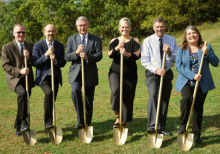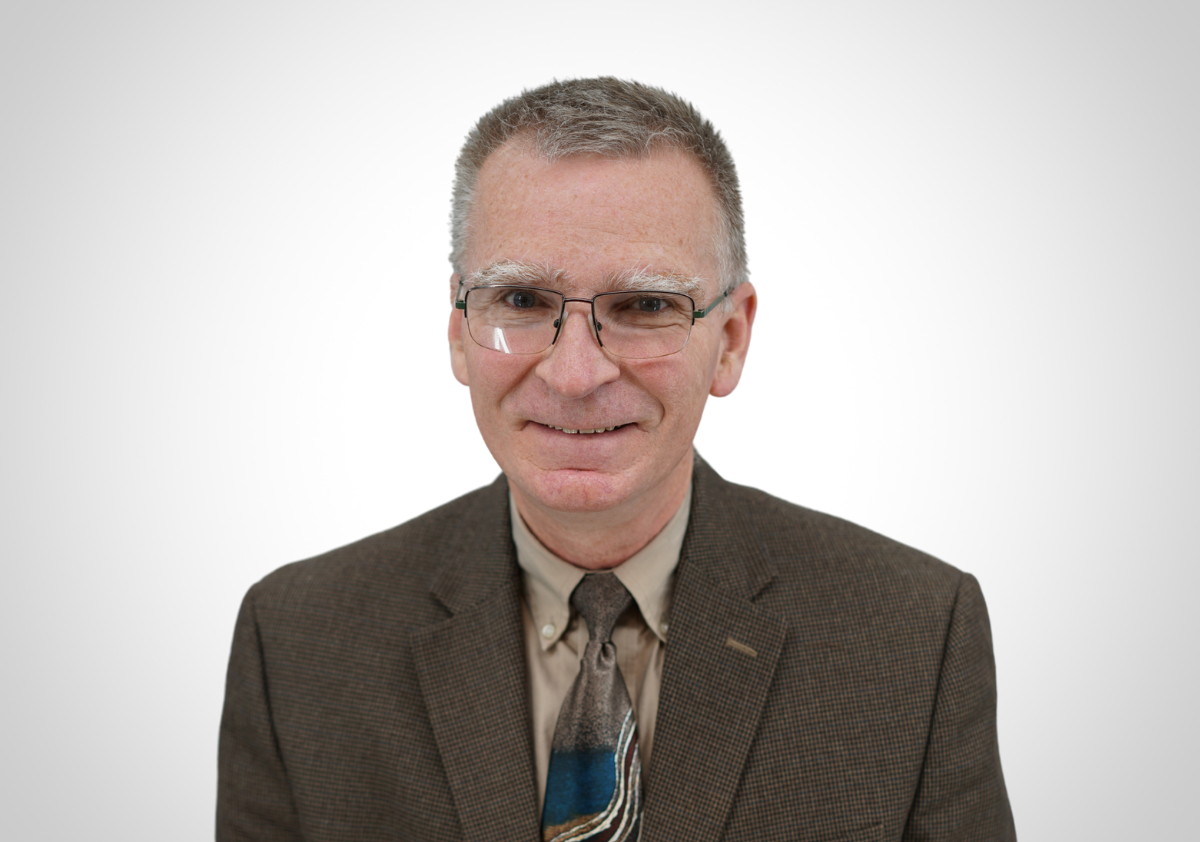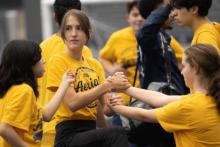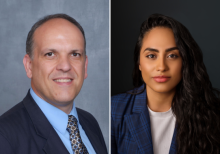Boggess has worked in the department for the last six years as the Trust Services field representative and assistant director. Boggess fills the position previously held by Sean Robinson, who recently accepted a position at Hope Channel.
In addition to his experience in trust services, Boggess brings an extensive background in pastoral ministry to his new position. Boggess served as the pastor of the Martinsburg (W.Va.) church for 18 years, and, until recently, pastored the Prince Frederick church in Port Republic, Md., part-time. Boggess previously worked for more than 10 years as a pastor in the Potomac Conference.
“Tom will provide solid, spiritual leadership and careful management of the business affairs of the association,” says Jerry Lutz, conference president.
The conference has been growing, and so there’s been a lot more activity in buying and selling,” Boggess says. “I think that’s going to continue and [more churches] are going to be in the process of wanting to buy, and we want to be ready to help them do that.”


 Story by Evan Knott
Story by Evan Knott

